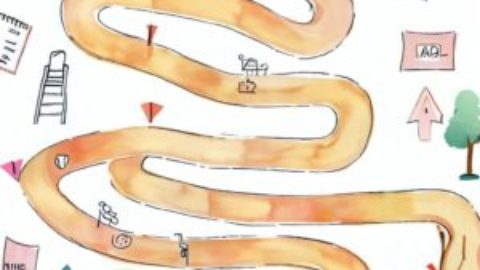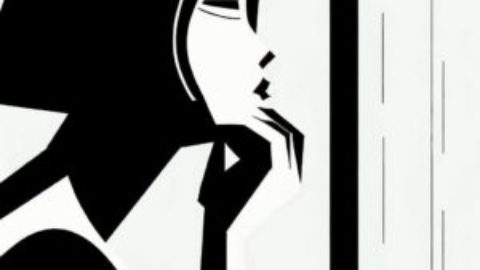Inside the Mating Mindset of Involuntary Celibates
Understanding Incels
First, let’s define what an incel is. An incel is someone who identifies as being involuntarily celibate, meaning they desire to have romantic relationships but have been unable to find a partner. This can lead to feelings of frustration, loneliness, and even anger. In a recent study, researchers examined the mating psychology of incels to understand their self-perception, mate preferences, and mind-reading biases.

Self-Perception and Mate Preferences
Incels have various reasons for their singlehood, such as social awkwardness, poor flirting skills, and not being good-looking enough. When compared to non-incel single men, they have a lower self-perceived mate value and lower mate standards. Incels tend to overestimate the importance of good looks and status to women, while underestimating the importance of kindness and emotional stability.

The study found that incels have a lower self-perceived mate value than non-incels, rating themselves around 3 out of 7 on average. This contradicts the notion that incels might have an inflated sense of self-worth. Additionally, incels have lower partner standards, except for being “loyal and dependable” and “kind and understanding.” They set a minimum of 5 across various traits, showing that they are willing to accept lower standards for attributes like fashion sense and social status.
Interestingly, incels tend to value traits that are important for long-term relationships, like kindness and emotional stability. However, they overestimate women’s partner standards, thinking that women prioritize physical attractiveness and social status more than they actually do. While this bias isn’t unique to incels, it is more exaggerated within their group.
Mind-Reading Biases

When it comes to understanding what women want in a partner, incels often fail at cross-sex mind-reading. They underestimate the importance of long-term relationship traits like kindness and emotional stability, while overestimating the importance of physical attractiveness and social status. Non-incel men also make similar errors, but the biases are more pronounced in the incel community.
Overall Picture and Ways to Change
Overall, the mating psychology of incels is characterized by a combination of low mate value, low standards, and a lack of social skills. Incels acknowledge that many of the barriers they face come from within, rather than solely blaming external factors. However, their misperceptions about what women want in a partner could be the result of not distinguishing between long-term and short-term mate preferences.
To support incels who want to change, it’s essential to understand their psychology. For example, helping incels build self-esteem in areas other than romantic relationships could be beneficial. Additionally, psycho-educational interventions could address their inaccurate theory of mind and help them develop a more nuanced understanding of what women want, including the variation in mate preferences from person to person.
In conclusion, understanding the mating psychology of incels is crucial for offering support and enabling change for those who seek it. By fostering self-esteem in various aspects of life and addressing their inaccurate perceptions of women’s desires, incels can work towards a healthier mindset and potentially improve their chances of finding a fulfilling romantic relationship.
As we continue to study and learn more about the incel community, it’s essential to maintain empathy and understanding while helping them navigate the complexities of modern dating and relationships. By doing so, we can create an environment that fosters personal growth, better communication, and ultimately, healthier relationships for all.






